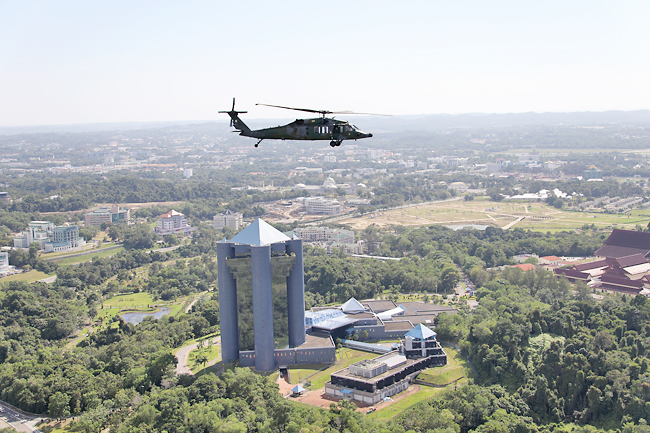The ASEAN+3 Macroeconomic Research Office (AMRO) after its annual consultation visit to Brunei Darussalam in late November called on the Sultanate to strengthen sustainability of its fiscal position.
This would require the development of a strong public financial management system, paving the way for the adoption of credible medium-term fiscal frameworks to provide forward guidance on fiscal policy, said AMRO in a report.
Brunei is also encouraged to undertake preparations, including strengthening of capacity to carry out the planned revenue and expenditure reforms. In the financial sector, it is advised to strengthen financial surveillance and risk monitoring, particularly on financial institutions’ cross-border lending and exposure to market risks.
Proactive steps to enhance banking sector risk management through the introduction of liquidity risk management guidelines and liquidity coverage ratio framework are welcome.
The currency board arrangement with Singapore continues to play a key role in anchoring macro-economic and financial stability in Brunei.
While progress has been made to strengthen the diversification into non-oil and gas sector, there is room to expedite the growth of other priority sectors such as food, tourism, and information and communication technology.
The authorities are also encouraged to address structural challenges in the labour market, as well as strengthen the capacity of micro, small and medium-sized enterprises (such as in the area of digital adoption), to respond to the changing industry demand.
While comprehensive strategies and performance indicators have been identified to achieve the national climate objectives by 2035, more efforts are warranted to achieve the ambitious net zero target.
In the energy sector – the largest source of carbon emissions – can leverage on mitigation technologies (such as carbon capture) to reduce the environmental impact, while fostering a more sustainable energy future. – Azlan Othman







